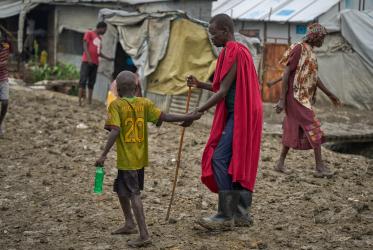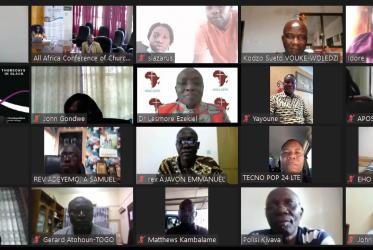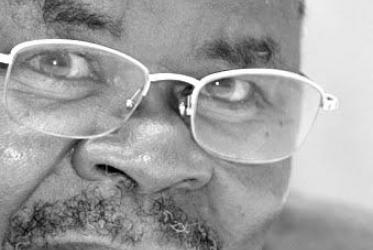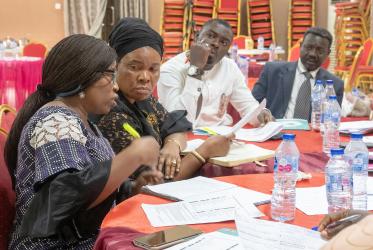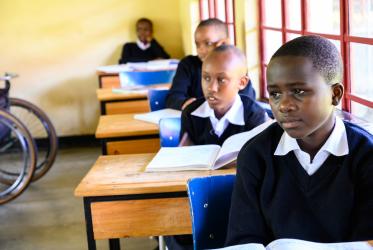Displaying 1 - 20 of 88
Workshop on HIV stigma, treatment adherence opens in Tanzania
29 September 2021
Young Africans are eager to grapple with challenges
09 January 2020
Young people in Togo: “Hear our voice! We want to tell our stories!”
07 November 2019
Moravian Church in Tanzania launches Thursdays in Black
10 September 2019
Mission and people with disabilities
26 June 2019
